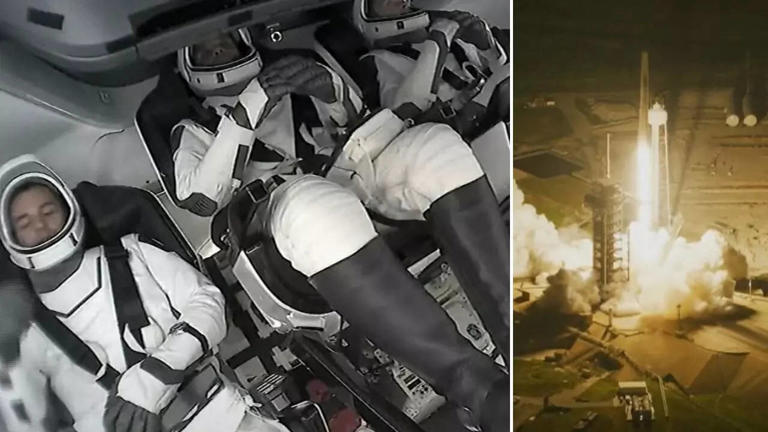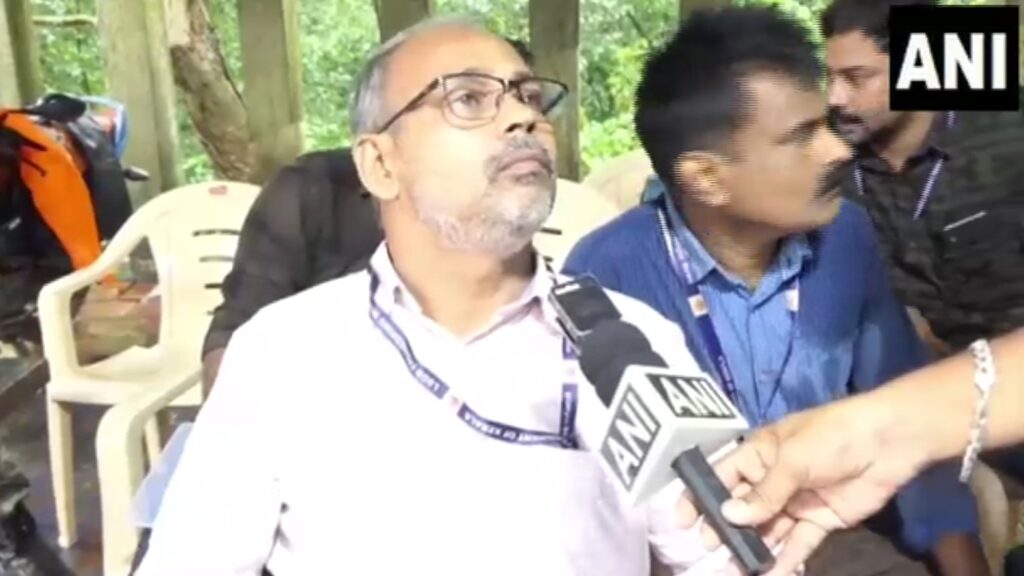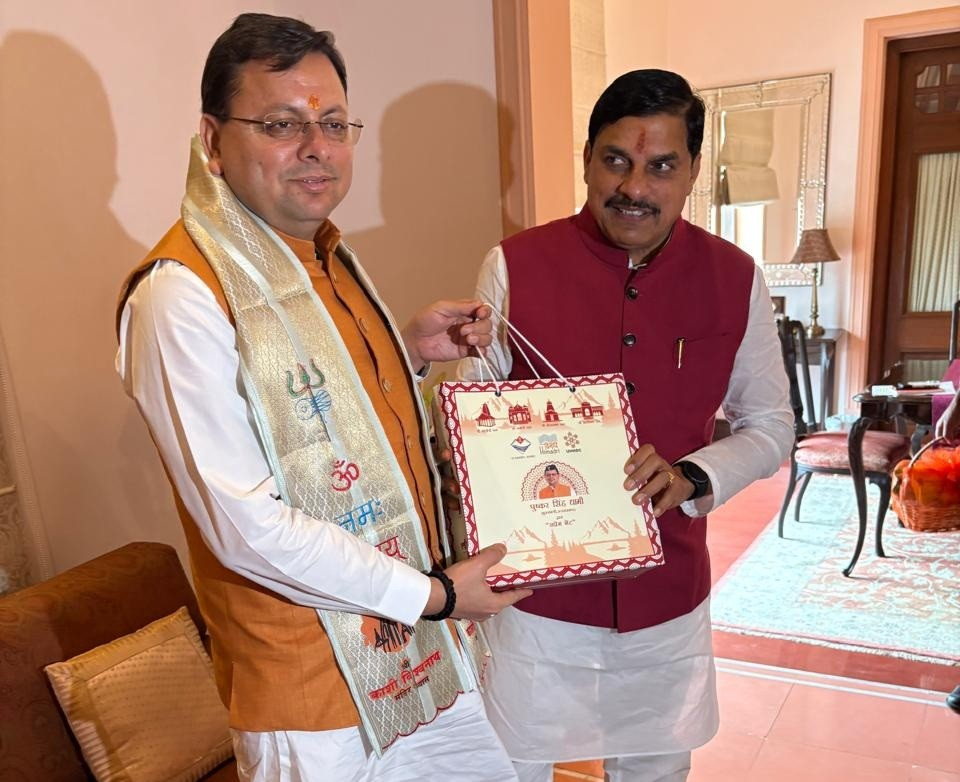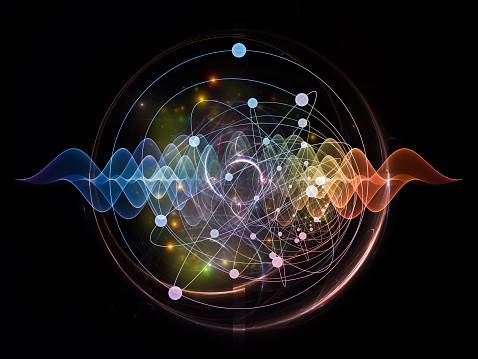First Indian on ISS greets nation with Tiranga on his shoulder, says “Jai Hind, Jai Bharat”
India witnessed a historic moment as Group Captain Shubhanshu Shukla, part of the Axiom-4 mission, became the first Indian astronaut aboard the International Space Station (ISS). Soon after the successful launch and entry into orbit, Shukla delivered a stirring message that left every Indian swelling with pride.
“Namaskar mere pyare deshwasiyon… Kaafi saal baad hum phir wapas antariksh mein pohonch gaye hain,” he began, saluting the nation in his native tongue and marking the country’s emotional return to space after decades. The last Indian in space was Rakesh Sharma in 1984. Now, nearly 40 years later, Shukla’s presence at the ISS re-establishes India’s human spaceflight footprint—this time on a global, collaborative platform.
Describing the spaceflight, Shukla added, “Kamaal ki ride thi,” a simple yet powerful statement reflecting the awe and thrill of reaching orbit via SpaceX’s Crew Dragon capsule. But what truly captured the nation’s attention was his next line: “Mere saath mere kande pe Tiranga hai” — proudly declaring that the Indian flag rests on his shoulder in space.
Group Captain Shubhanshu Shukla’s first message from Space: “Namaskar Mere Pyare Deshwasiyon. Kaafi Saal Baad Hum Phir Wapas Antariksh Mein Pohonch Gaye Hain. Kamaal Ki Ride Thi. Mere saath Mere Kande Pe Tiranga Hai..”
— Career247Official (@Career247Offici) June 25, 2025
He finished with “Jai Hind, Jai Bharat”. 🇮🇳 pic.twitter.com/FBTnd4yiL0
His message concluded with a patriotic, thunderous “Jai Hind, Jai Bharat.” Social media exploded with celebration as citizens, politicians, and ISRO scientists hailed the moment as a proud return of Indian presence in crewed space missions. While this was a commercial and international mission led by Axiom Space in collaboration with NASA and SpaceX, the representation of India through an IAF officer added national symbolism. Shukla’s mission is also a prelude to India’s upcoming indigenous human spaceflight mission, Gaganyaan, which aims to send Indian astronauts into space using ISRO’s own capabilities.
Shukla’s choice of Hindi and emphasis on Indian identity even in orbit shows how India is entering the global space race without compromising its cultural roots. It sends a clear message: India is not just participating—it’s representing.





















